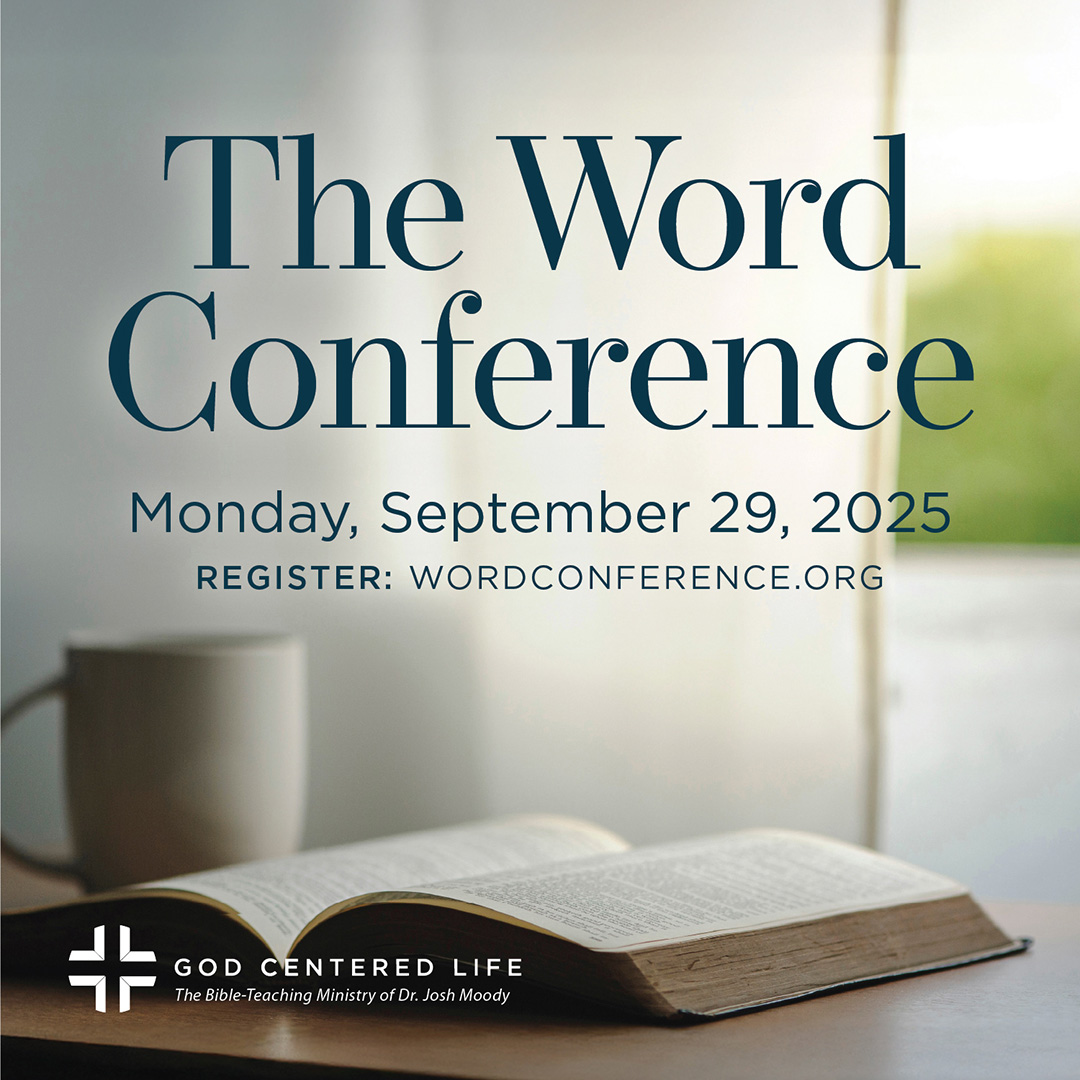June 10, 2018: What to Pray When You Suffer
June 10, 2018
TODAY'S BIBLE READING:
Today’s Bible Reading: 1 Kings 15-16, Psalm 119:73-80, Luke 3:21-38, Ephesians 5:1-21 Psalm 119:73-80: This part of the psalm continues with the psalmist’s reflection upon and resolution regarding his own suffering. Consider:
“I know, O Lord, that your rules are righteous, and that in faithfulness you have afflicted me” (119:75).
Or again:“Let the insolent be put to shame, because they have wronged me with falsehood” (119:78).
Apparently, the psalmist was not only suffering physically, but also was being accused of some wrong or had some wrong being done to him. There was relational as well as physical suffering. The old rhyme—“sticks and stones may break my bones but words will never harm me”—has never been true. In fact, the verbal wrong—the “falsehood” spoken against you—can feel almost as painful as the metaphor by which we often describe it: a stab in the back. In this situation the psalmist is praying for some particular relief:- “Give me understanding that I may learn your commandments” (119:73). God “made and fashioned” him, so logically he asks God to help him understand the Bible.
- He wants God’s people, those who “fear” God, to see him and rejoice by the way he puts his hope in God’s Word—even in the midst of difficulty (119:74).
- He also prays for “comfort.” He is not too pious, or unreal, to ask God simply to comfort him (119:76).
- He wants God to have “mercy” on him (119:77).
- He wants the “insolent” to be put to “shame” (119:78). This is not exactly the sort of prayer that we envisage the Bible telling us to pray for those who persecute us! But it is sometimes what we feel. And in prayer we can be honest with God and let him, as it were, draw the poison of our anger and bitterness, and through the ministration of his scarred and crucified hands teach us the beauty of forgiveness.
- He wants those who “fear” God to “turn” to him so that they may “know your testimonies” (119:79). He is asking God to give him influence that he might spend that influence teaching people to follow the Bible.
- Finally, he wants his heart—his inner person—to be blameless with regard to what the Bible teaches so that he will not be put to “shame.” That is, he is praying for holiness (119:80).
ABOUT THE AUTHOR
Josh Moody (Ph.D., University of Cambridge) is the senior pastor of College Church in Wheaton, IL., president and founder of God Centered Life Ministries, and author of several books including How the Bible Can Change Your Life and John 1-12 For You.
WANT MORE?
To receive God Centered Life devotionals directly in your inbox, as well as other resources, enter your email address in the form at the bottom of this page and click "subscribe."

